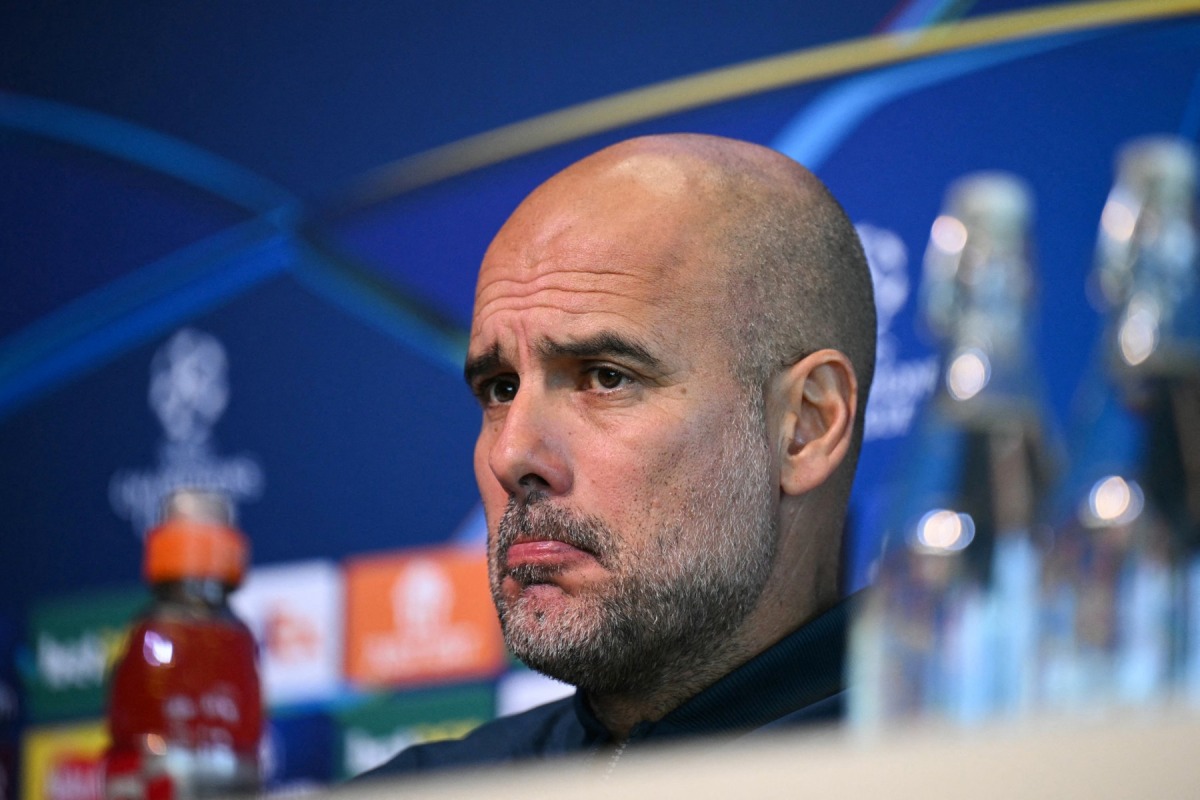Premier League champions Manchester City’s manager, Pep Guardiola, has called on players to lead the charge in the ongoing debate surrounding the dangers of an increasingly packed fixture schedule. With an extra two matches in the Champions League first stage and the expanded Club World Cup, City could potentially play up to 76 games in the 2024/25 season. International fixtures further add to the demanding schedule, prompting FIFPro to suggest a limit of 50 to 60 games per season for footballers. Liverpool goalkeeper Alisson Becker and Bayern Munich boss Vincent Kompany have also voiced their support for the players, who feel their concerns are not adequately heard by football authorities.
Guardiola believes that players hold the key to bringing about change in the sport, as it cannot function without them. He emphasized that players are the ones who can make a difference in terms of scheduling and organization. Enzo Maresca, manager of Chelsea, echoed Guardiola’s sentiments, expressing his concern over the excessive number of games in the current calendar. Maresca highlighted the need to protect players and stated that they should be the ones driving the conversation and seeking solutions to the issue. Some players have even hinted at the possibility of going on strike as a way to address the problem.
As the debate continues to gain momentum, Guardiola stressed the importance of players taking a stand and using their influence to instigate change. He emphasized that while the business of football may continue without other key figures, it ultimately cannot function without the players. Guardiola’s remarks reflect a growing sentiment among top football figures that the players’ voices need to be heard and that action must be taken to address the strain of an overcrowded fixture list. The increased workload, compounded by international commitments, has prompted players and managers alike to take a stance against the current system.
The issue of player welfare and the need for a more balanced fixture schedule have become hot topics in football, with calls for a cap on the number of games a player is required to play each year. Guardiola’s call for players to lead the charge in pushing for change highlights the power that they hold in shaping the future of the sport. As the calendar becomes increasingly congested with additional competitions and matches, players are beginning to push back against the strain that it places on them physically and mentally. The prospect of a strike as a means of drawing attention to their concerns reflects the growing frustration among players over the lack of consideration for their well-being.
In the midst of this debate, Guardiola’s message is clear: players must come together to advocate for their rights and demand a more balanced and sustainable schedule. The support from high-profile figures such as Guardiola and Kompany is a significant step towards initiating meaningful change in the sport. The willingness of players to consider drastic actions such as a strike underscores the seriousness of the issue and the urgent need for reform. As the conversation continues to evolve, players are poised to play a pivotal role in reshaping the landscape of football and ensuring that their voices are heard and their concerns addressed. It remains to be seen how this growing movement will impact the future of the sport and bring about positive change for players worldwide.































